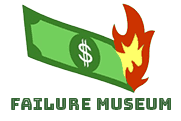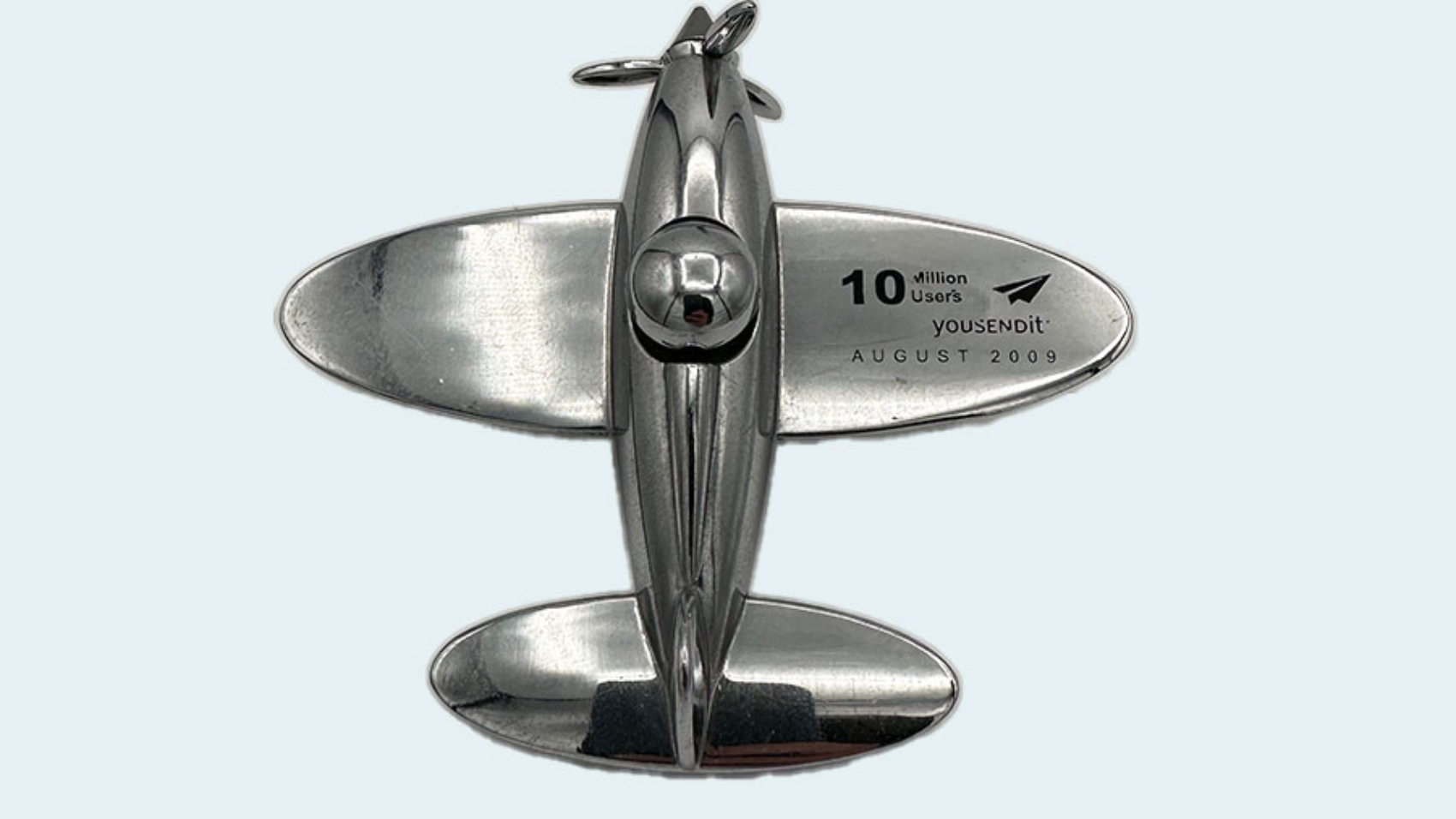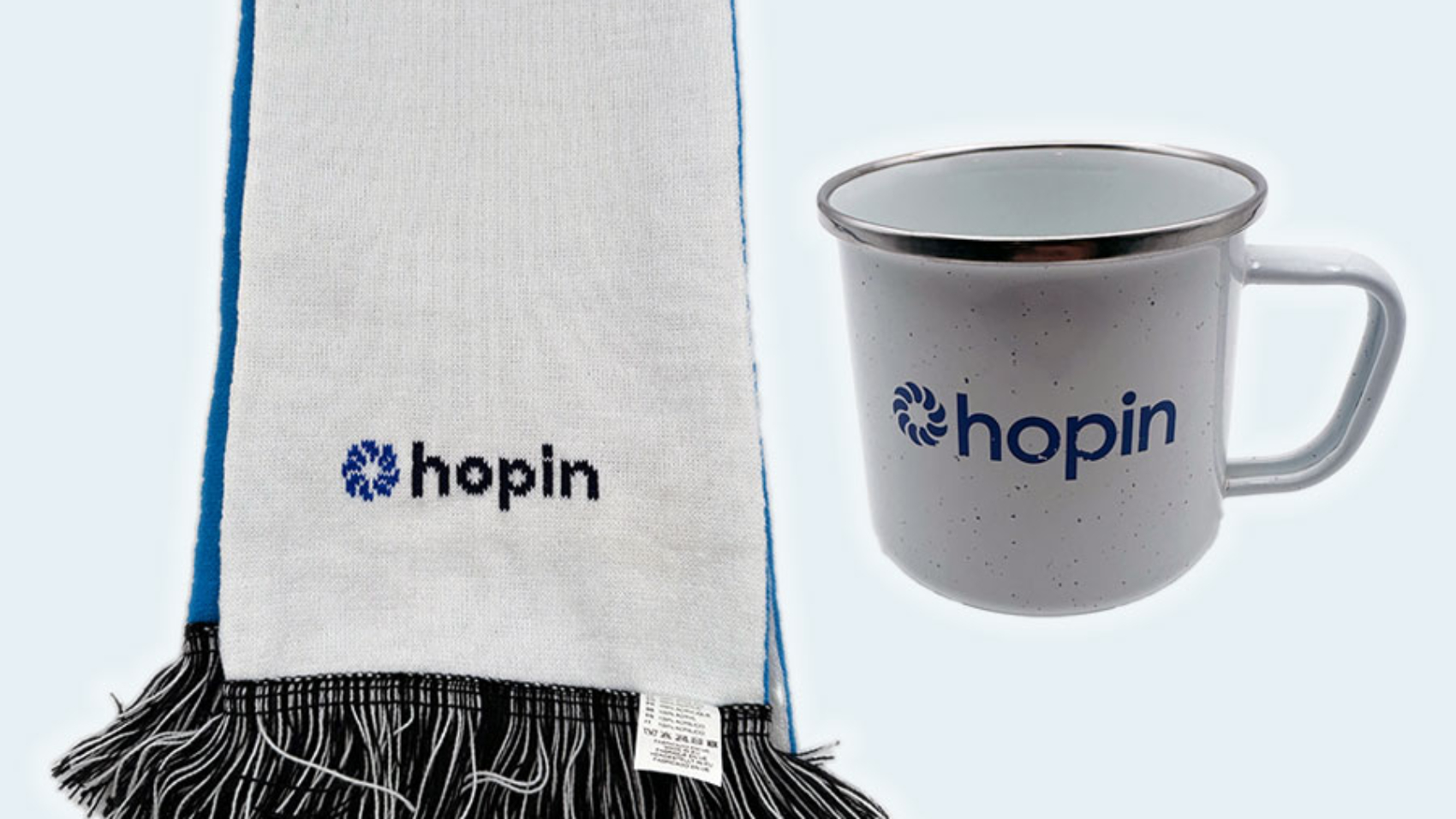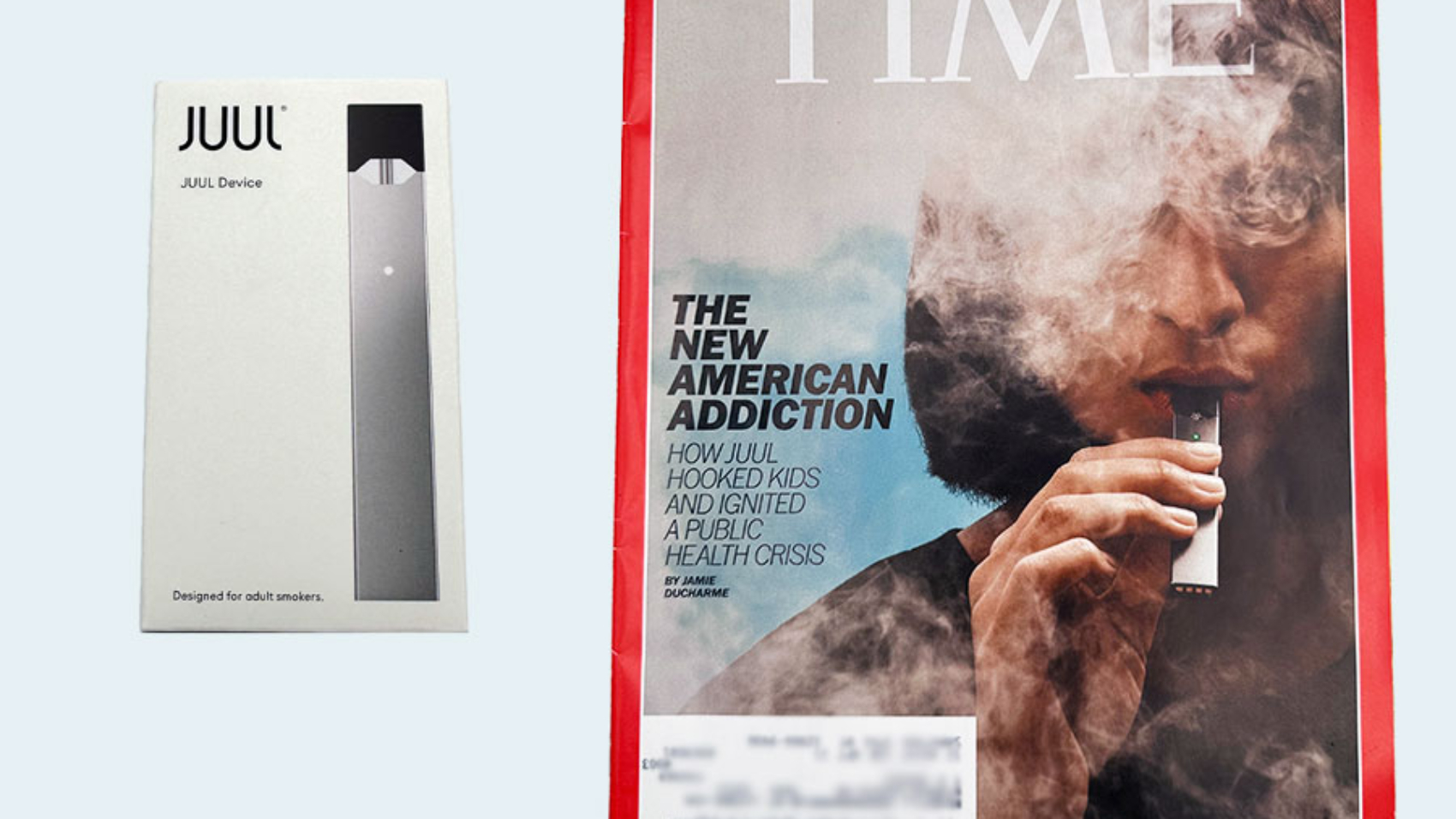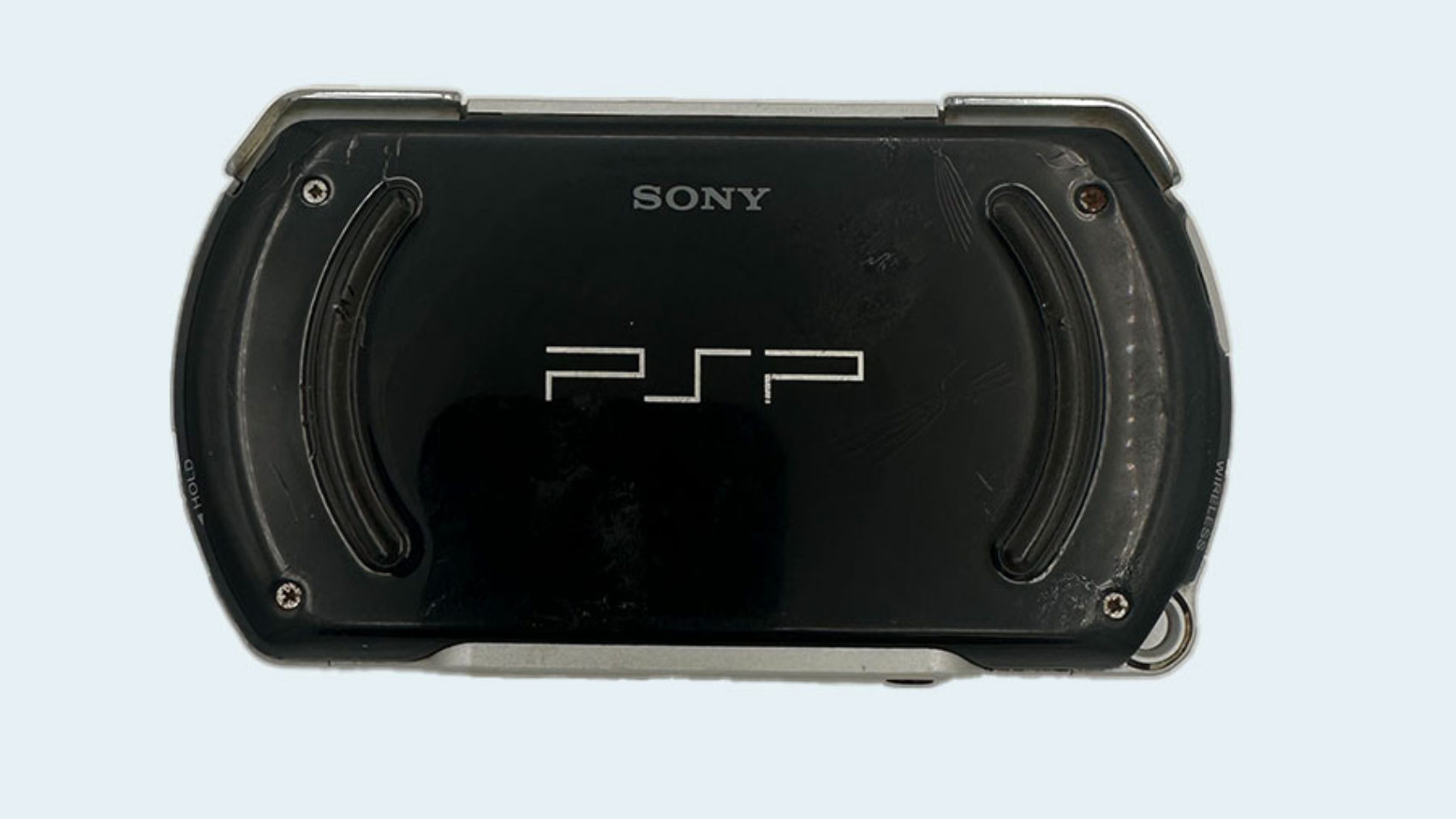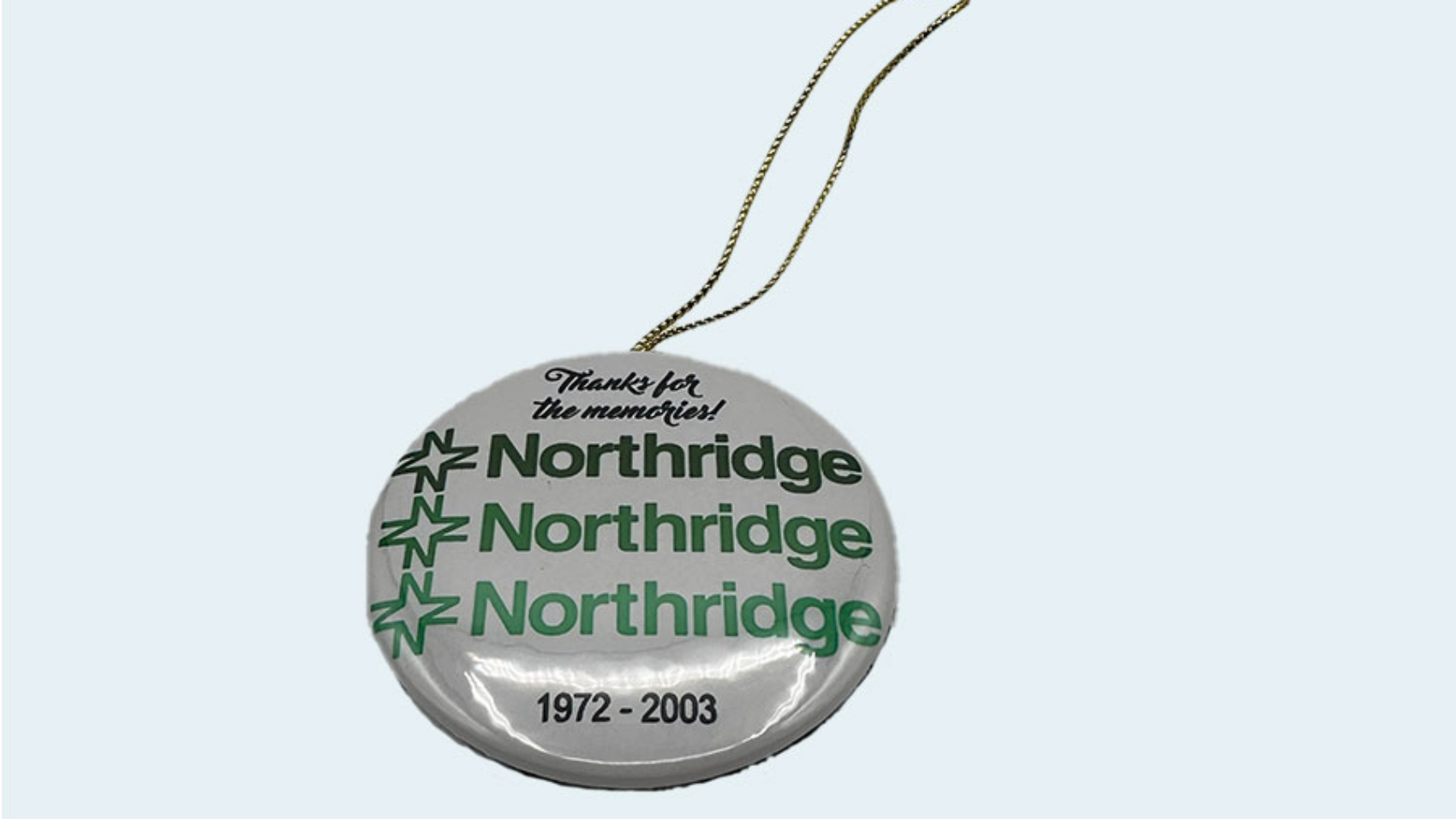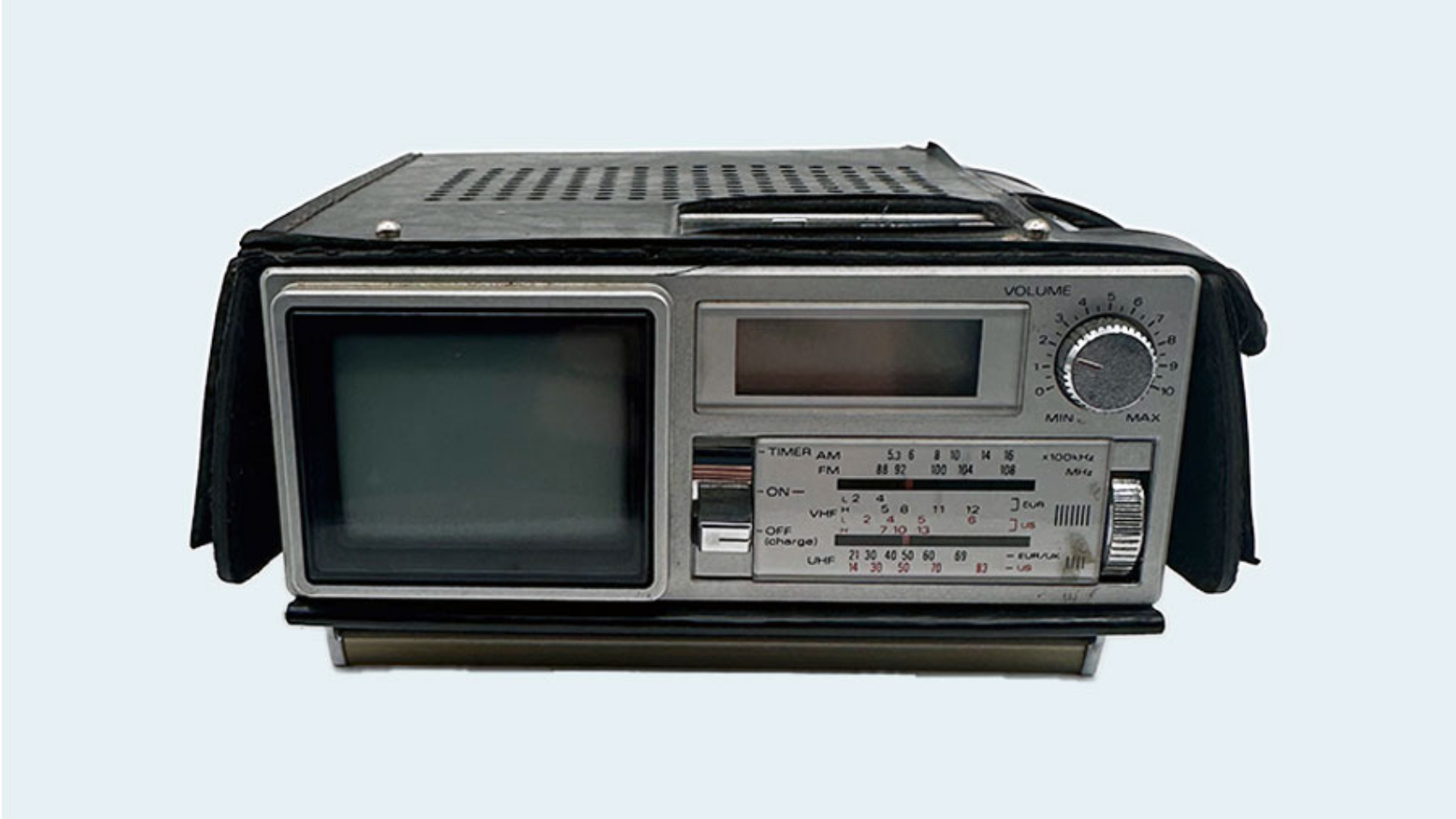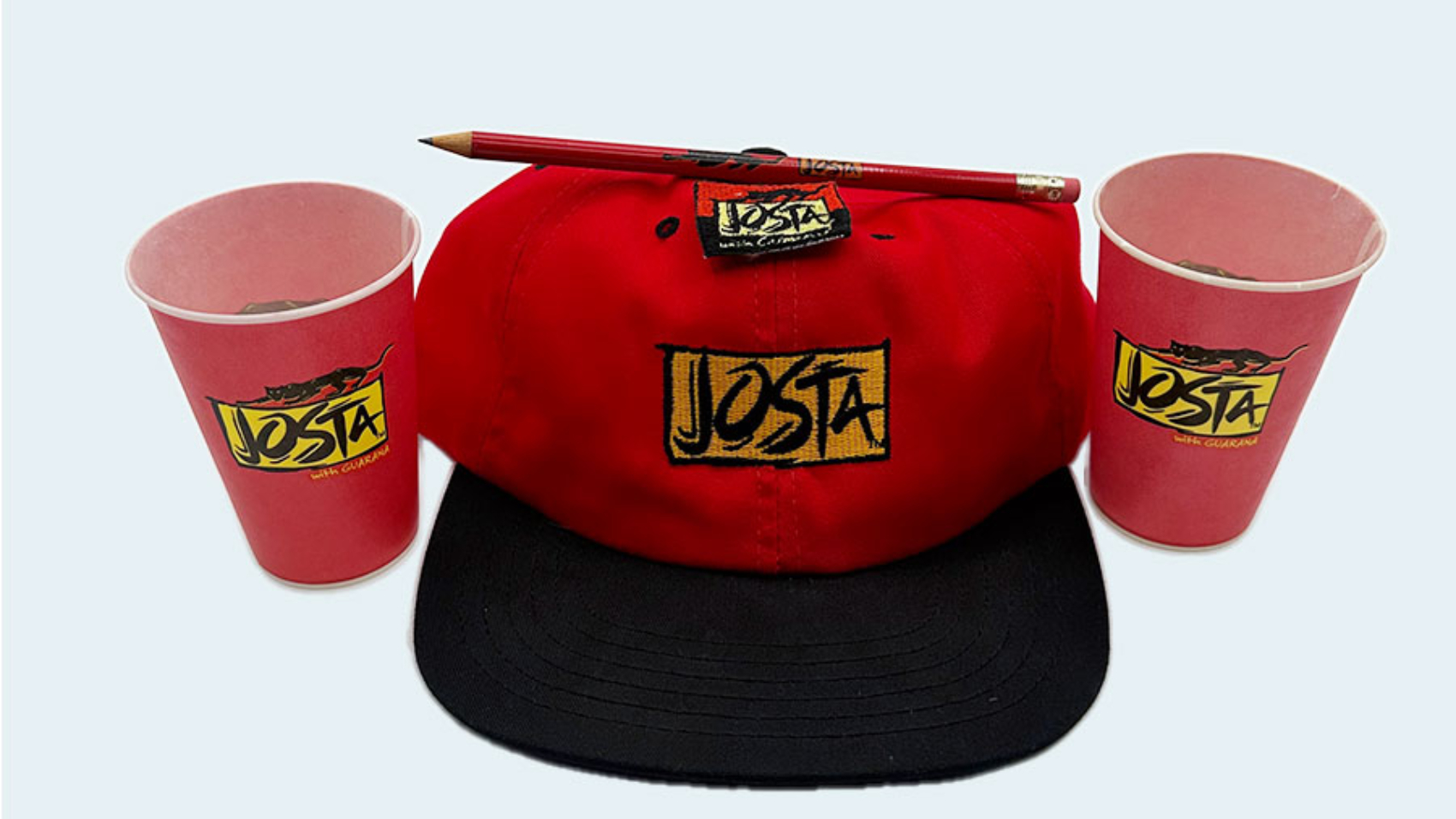After raising $117M, YouSendIt sold for $20.5M in 2018. YouSendIt moved large files for users of Hotmail, Yahoo, and Gmail and thought they were its most likely competitors. The company wasn’t prepared to compete against Box, Egnyte, and Dropbox when the market moved from sending files to sharing them.
Hopin
Virtual-events startup Hopin raised $1.16 billion and peaked at a $7.8 billion valuation in 2021 after only 2 years of being founded. So many VCs, more than 60, were keen to invest in Hopin that none ended up with an influential stake. Meanwhile, the founding CEO cashed out $195 million before this pandemic fueled business was no longer essential. As vaccinations arrived and the travel restrictions eased, demand for Hopin’s platform waned leading to 3 rounds of layoffs and selling the core business to RingCentral for $50 million in 2023.
Juul
After having raised $17B at a peak valuation of $38B, Juul’s mission was to improve the lives of the world’s 1B adult smokers. Meanwhile, lawsuits claimed Juul planted the seeds for a youth addiction epidemic that would make nicotine cool again after years of historic declines in cigarette smoking. They claim Juul purposely designed its stylish, flash-drive-like devices and flavored nicotine e-liquids to appeal to teenagers. In 2019, about 27.5% of high school students and 10.5% of middle-school students said they had vaped some sort of e-cigarette in the past month. As a result, the U.S. Food and Drug Administration (FDA) banned many flavored vaping products that could appeal to teenagers, while Juul paid over $3B to settle lawsuits.
Sony PSP Go
Launched in 2009 and discontinued in 2011, PSP Go was a mobile gaming device. Sony tried to launch a product that needed retail support to sell units, then cut them out of the value chain by selling games directly to consumers. The retailers rebelled. Meanwhile, the coincided with the meteoric rise of smartphones as a gaming device.
AeroMobil
In 2023, after being founded 9 years earlier after promising humanity a flying car since 2014, shut down as it was unable to secure enough money to continue operating.
Northridge Mall (Wisconsin)
Crime around the general area increased to a smaller extent, while suburban shoppers chose other options with easy freeway access such as Mayfair, Brookfield Square, and newly developed power center shopping options in Mequon, Menomonee Falls, and Grafton. The final blow to the mall was the early 2000s recession, which saw a number of tenants pull out after their lease expirations and the mall’s owner unable to find new ones outside of local small businesses. The mall eventually closed in 2003.
Furby
Launched in 1998, Furby was a furry, talking, animal-like toy—equal parts gerbil, owl, and gremlin. The Furby represented one of the first attempts at domestic AI mass production. With built-in sensors and infrared detectors, the Furby could learn from and adapt to its environment, which allowed it to respond to shifting conditions. However, a year later and after having sold 14M units, Furby was banned as the National Security Agency viewed it as a security threat for its alleged potential for espionage, echoing a growing unease surrounding technology at the time.
Sony Portable TV
Sony launched a portable TV in 1960 and discontinued it in 1962. It was priced high as it was innovative in many ways, so, to the average consumer it was something of a luxury item and not a practical buy. Additionally, this television was rather prone to malfunction, which led to it being called Sony’s “frail little baby”.
Josta
Released by PepsiCo in 1997 and discontinued in 1999, Josta was marketed as a “high-energy drink” with Brazilian guarana bean and caffeine. While the drink originally found an audience with younger consumers, its sales never expanded to a wider group.
The energy drink category was early at the time and Pepsi didn’t commit to building the category. This gave an opportunity for Red Bull to have category leadership. Plus Red Bull had better marketing focusing on extreme sports and lifestyle branding while Josta focused mostly on its caffeine content.
Sony MiniDisc
Released in 1992, the Sony MiniDisc offered the digital sound quality of a CD and the recordability of a cassette. Unlike a cassette, once made, a minidisc recording could be divided, combined, deleted and named. Sony made the mistake of assuming that the benefits of using their ‘superior’ product would be perceived as important enough by potential users to change their existing behavior and overcome the costly $750 price tag. Also, there were only a small number of pre-recorded albums available on MiniDisc as relatively few record labels embraced the format.

